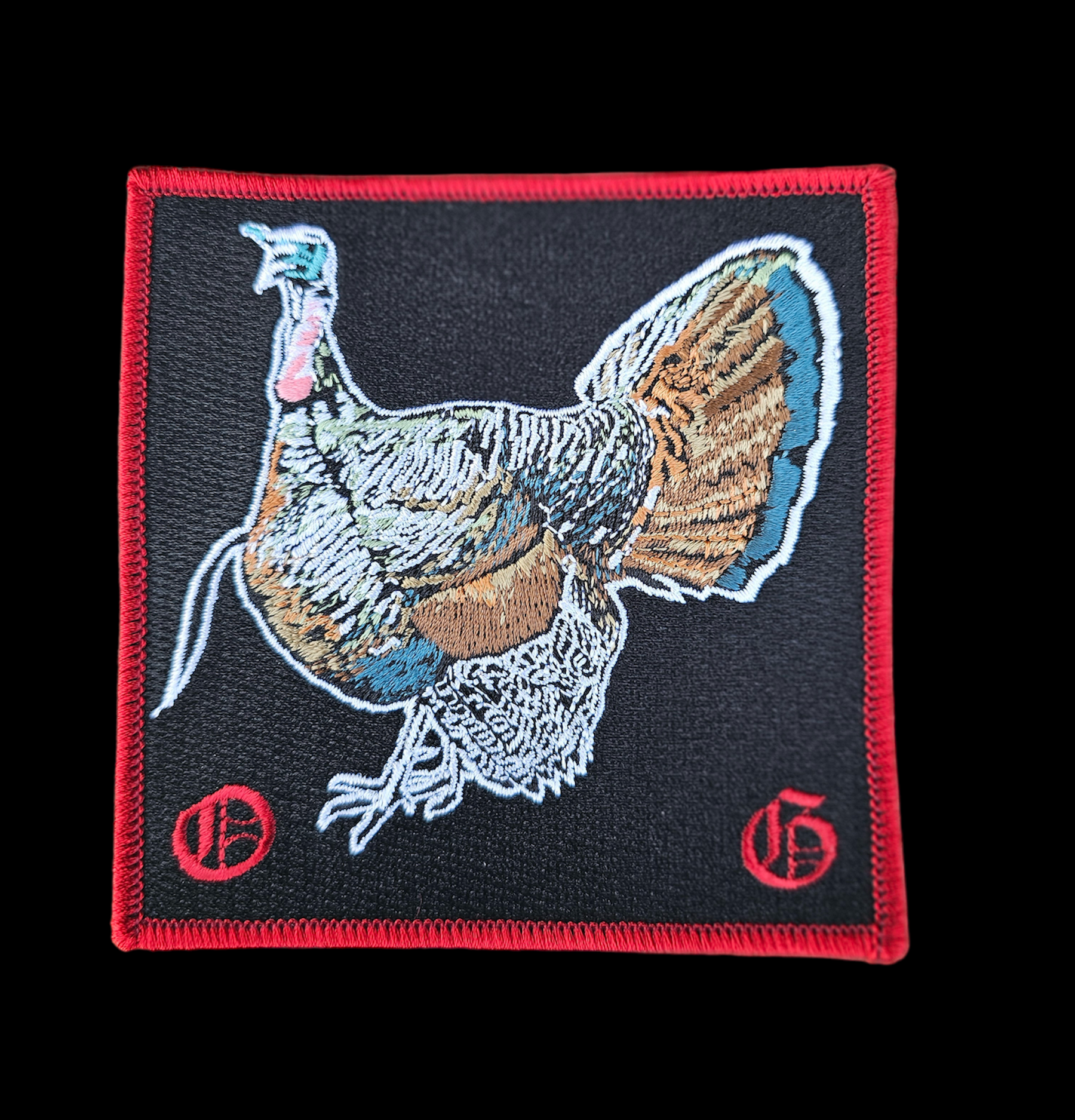Pretty much a nationwide situation, from what I have observed and read. I live in Missouri, and the population in our area is definitely down from 15-20 years ago. Same with Kansas, where I have hunted for 25 years or so, and with SE Alabama where I have hunted for the past 20 years. No one factor, I don't believe, but probably a combination of things in most areas. Predation is certainly a factor. When MO was trapping and transplanting birds back in the 60's and 70's, raccoons were worth good money, and were hunted relentlessly. You never saw a roadkill coon. Now, on any given day, you might see one splattered on the highway every few miles. I grew up hunting quail with my Dad in the 1950's and 60's. Seeing a coyote was kind of a big event. Now, I will bet there are a couple of dozen within a mile of my house.
I also am not a biologist, but believe there are many areas in this country that could once again benefit from some trapping and transfer of birds. Southeast Kansas is one of those areas. Torrential rains and subsequent flooding in the early 2000's almost wiped out a population already in decline, in some areas. It just makes sense to me that when the population gets to a low enough point, that it is almost impossible for a rebound to happen without human intervention, up to and including cutting limits or even closing seasons in some areas for a time.













